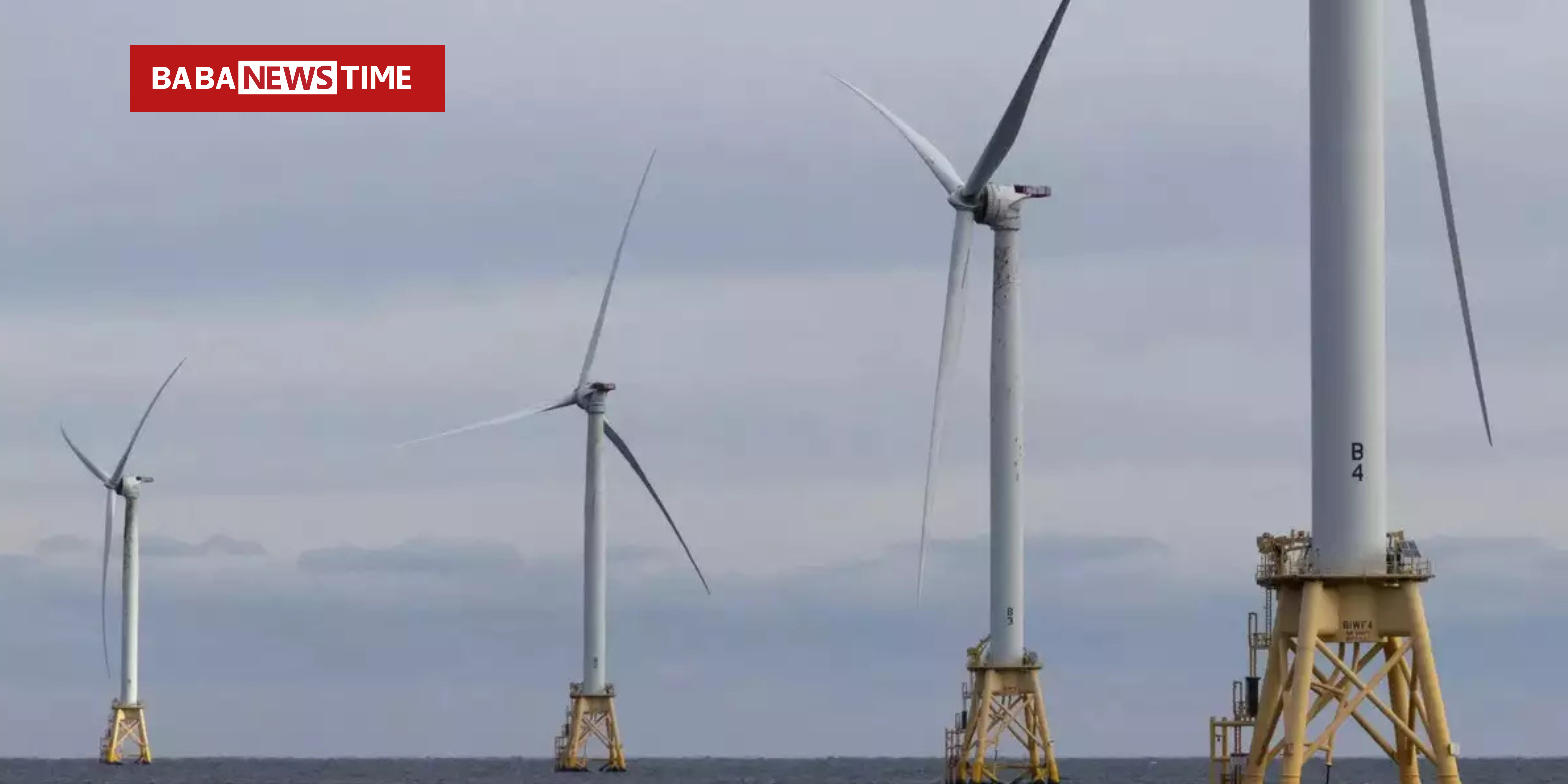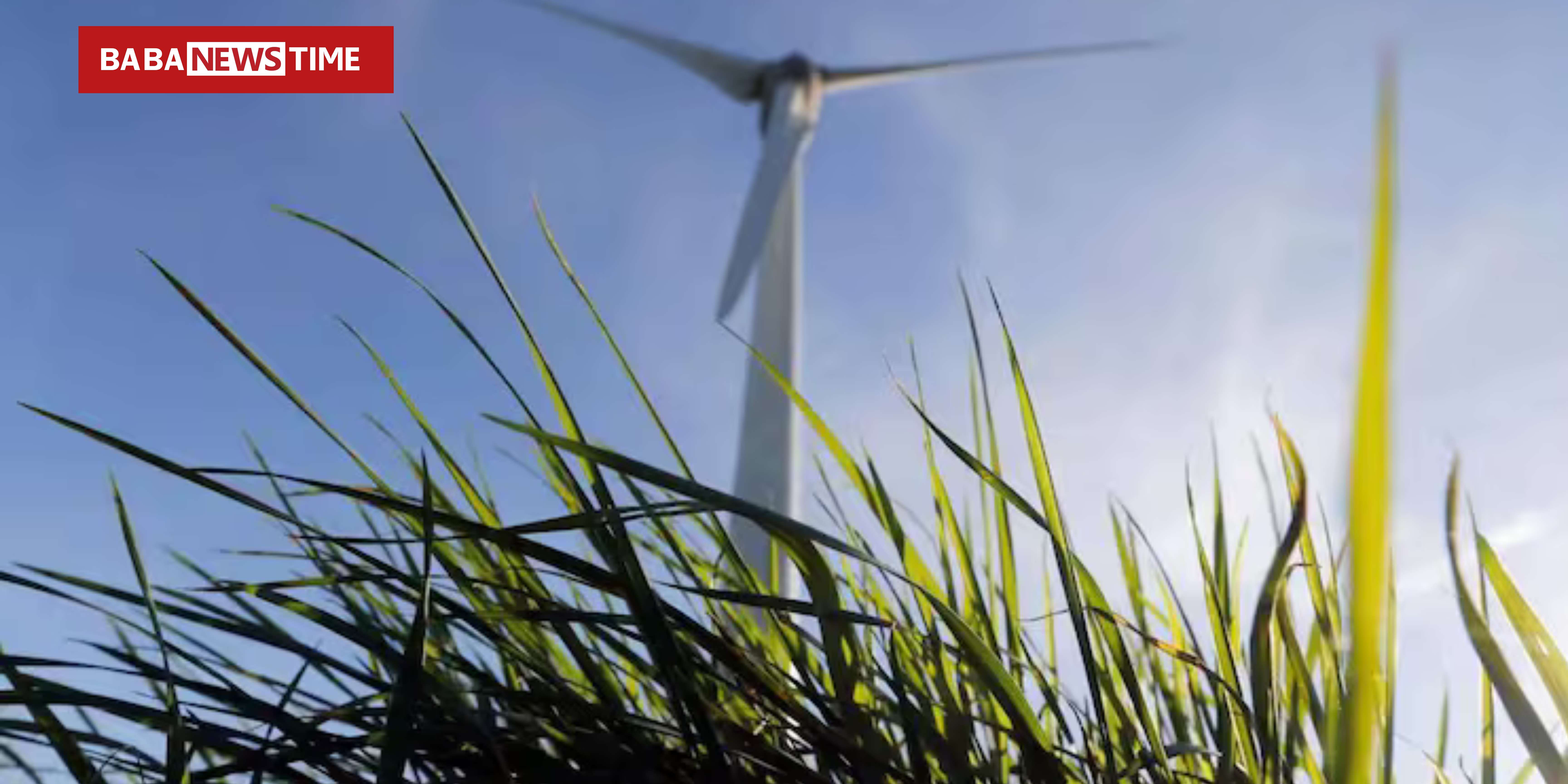Adani Green Exits Disputed Renewable Energy Initiative in Sri Lanka.
Introduction Adani Green Energy Ltd.,
A part of the Indian conglomerate Adani Group, has formally retracted its plans for renewable energy initiatives in Sri Lanka. These projects, estimated at $1 billion, aimed to develop wind power installations in the Mannar and Pooneryn areas. This decision follows increasing examination of Adani Group’s global operations and Sri Lanka’s recent attempts to revise the conditions of its energy agreements to promote affordability and transparency.

Background of the Project
The renewable energy initiative was initially unveiled in May 2024, as part of Sri Lanka’s comprehensive strategy for sustainable energy advancement. The partnership between Adani Green and Sri Lanka’s Board of Investment (BOI) encompassed a 20-year power purchase agreement, with a tariff established at $0.0826 per kilowatt-hour. These initiatives were deemed essential for assisting Sri Lanka in diminishing its dependence on imported fossil fuels and facilitating a shift towards renewable energy sources.
The selection of wind farms in Mannar and Pooneryn was based on their significant wind energy potential. The Sri Lankan government anticipated that the involvement of a major foreign investor like Adani Green would not only enhance the nation’s renewable energy capabilities but also attract vital foreign direct investment (FDI) in the wake of its recent economic challenges.

Reasons for Withdrawal
Adani Green’s decision to withdraw from the project is attributed to several key factors:
1. Renegotiation of Power Purchase Agreement
In the wake of President Anura Kumara Dissanayake’s election in 2024, the new administration initiated a review and renegotiation of various large-scale energy contracts, including those involving Adani Green. The government’s objective was to reduce energy costs for consumers and enhance transparency in foreign investments. The revised terms proposed by the government reportedly lowered the tariff rate and introduced additional conditions that rendered the agreement less advantageous for Adani Green.
2. International Scrutiny of Adani Group
The Adani Group has faced heightened global scrutiny due to allegations of financial misconduct and unethical business practices. In November 2024, U.S. authorities accused Adani executives of engaging in bribery to secure power contracts in India. Although the company has refuted these claims, the Sri Lankan government opted to reevaluate the group’s local projects in light of these concerns. This scrutiny likely played a role in Adani Green’s decision to exit the wind power initiative in Sri Lanka.
3. Geopolitical Considerations
Sri Lanka’s energy sector has attracted significant geopolitical interest, with various global players, including China and India, competing for influence. The project’s approval under the previous Sri Lankan government had already been criticized for allegedly circumventing standard bidding procedures. With the new administration in place, there was a stronger emphasis on open bidding and a more transparent procurement process, potentially leading to increased competition from other international firms.
4. Economic and Policy Shifts in Sri Lanka
Sri Lanka is currently experiencing substantial policy changes aimed at stabilizing its economy following the severe financial crisis of 2022-2023. The government is focusing on energy security, cost reduction, and sustainable practices. These developments, while advantageous for the nation’s economic recovery, may have contributed to the challenges faced by Adani Green in pursuing the project.

Impact of the Withdrawal
The exit of Adani Green from this initiative carries significant implications for Sri Lanka and the wider renewable energy sector in the region.
Effect on Sri Lanka’s Renewable Energy Objectives
Sri Lanka has established ambitious renewable energy targets, aiming to derive 70% of its electricity from renewable sources by 2030. The Adani Green wind power projects were anticipated to play a crucial role in achieving this objective. The departure of such a prominent investor may hinder the advancement of these plans unless alternative investors can be secured in a timely manner.
Financial and Investment Consequences
This withdrawal raises concerns regarding the investment environment in Sri Lanka. It may lead to increased caution among potential foreign investors considering large-scale projects in the nation, particularly within the energy sector. Nevertheless, the government’s approach to renegotiating contracts could be perceived as a move towards securing more favorable agreements for the country and its populace.
Geopolitical Consequences
Adani Green’s exit from the Sri Lankan energy market may open doors for other entities, including Chinese and European renewable energy companies. The energy sector in Sri Lanka remains a critical arena for both regional and global powers, and this shift may alter the landscape of foreign investment in the nation.
Future Prospects for Sri Lanka’s Renewable Energy Sector
In light of Adani Green’s withdrawal, the Sri Lankan government is likely to seek new bids for the wind power projects or pursue alternative international collaborations. The emphasis will probably be on establishing a more transparent and competitive selection process, which could ultimately enhance pricing and efficiency within the sector.
Furthermore, Sri Lanka may consider increasing domestic investment in renewable energy. The government has been promoting local businesses and public-private partnerships (PPPs) to take a more proactive role in the development of the country’s energy infrastructure.




3 thoughts on “Adani Green Exits Disputed Renewable Energy Initiative in Sri Lanka.”